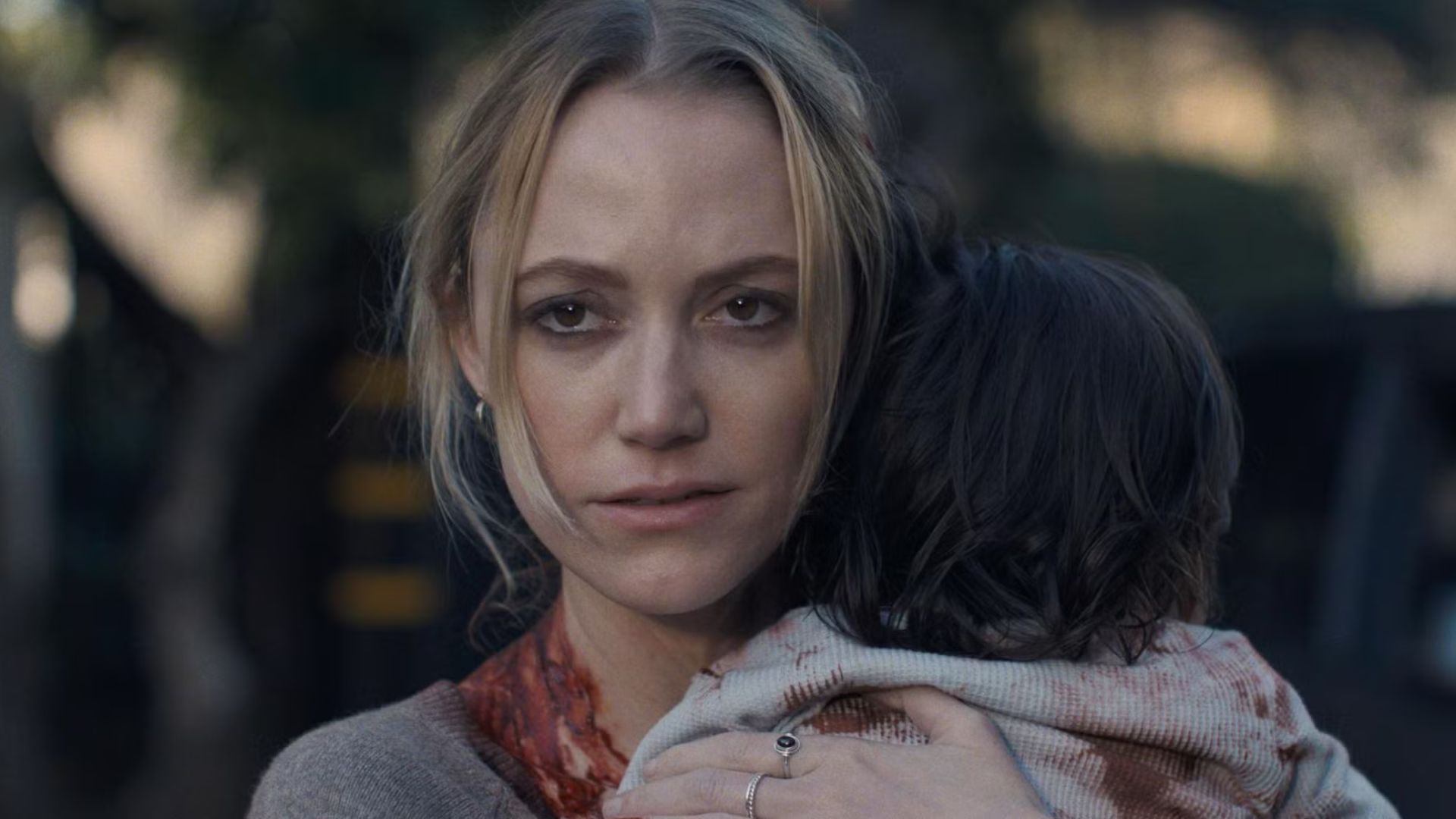
Films such as The Hand That Rocks the Cradle often feature suspenseful stories about strangers who worm their way into families and cause chaos. The 1992 Curtis Hanson film (known for L.A. Confidential) centers on a nanny, played by Rebecca De Mornay, who deliberately tries to destroy a family and take the place of the mother.
A remake of The Hand That Rocks the Cradle came out in 2025, starring Mary Elizabeth Winstead as the mother. Some small updates were made to help the new version, released on Hulu, perform well when it first came out. If you enjoy stories about someone trying to sabotage another person’s life, here are some other movies similar to The Hand That Rocks the Cradle.
The Visit (2015)
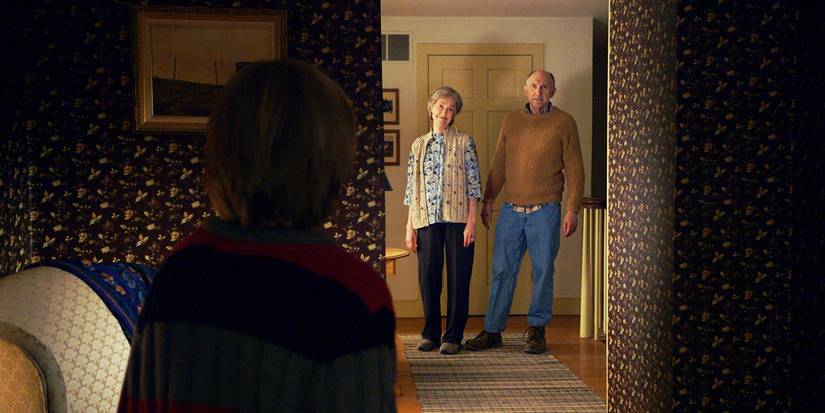
In 2015, director M. Night Shyamalan returned to filmmaking with the horror film The Visit. The movie centers on a brother and sister who go to spend a week with their grandparents, who they’ve never met before. As the visit continues, they start to suspect something isn’t right.
True to form for a Shyamalan film, this one features a surprising twist that really pays off. The grandparents the children know aren’t who they seem – they’re actually escaped mental patients who murdered the real grandparents and have been impersonating them.
As a film buff, this movie really reminded me of The Hand That Rocks the Cradle – it’s all about someone trying to infiltrate another person’s life and essentially take their place. And they actually succeed this time! I think they would have gotten away with it too, if it weren’t for these two teenagers who showed up for a week-long visit and figured everything out.
Unlike other movies with this kind of plot, the villains here aren’t pretending to be loving grandparents – they’re just using that act to hide something sinister, which makes the story even scarier.
Poison Ivy (1992)
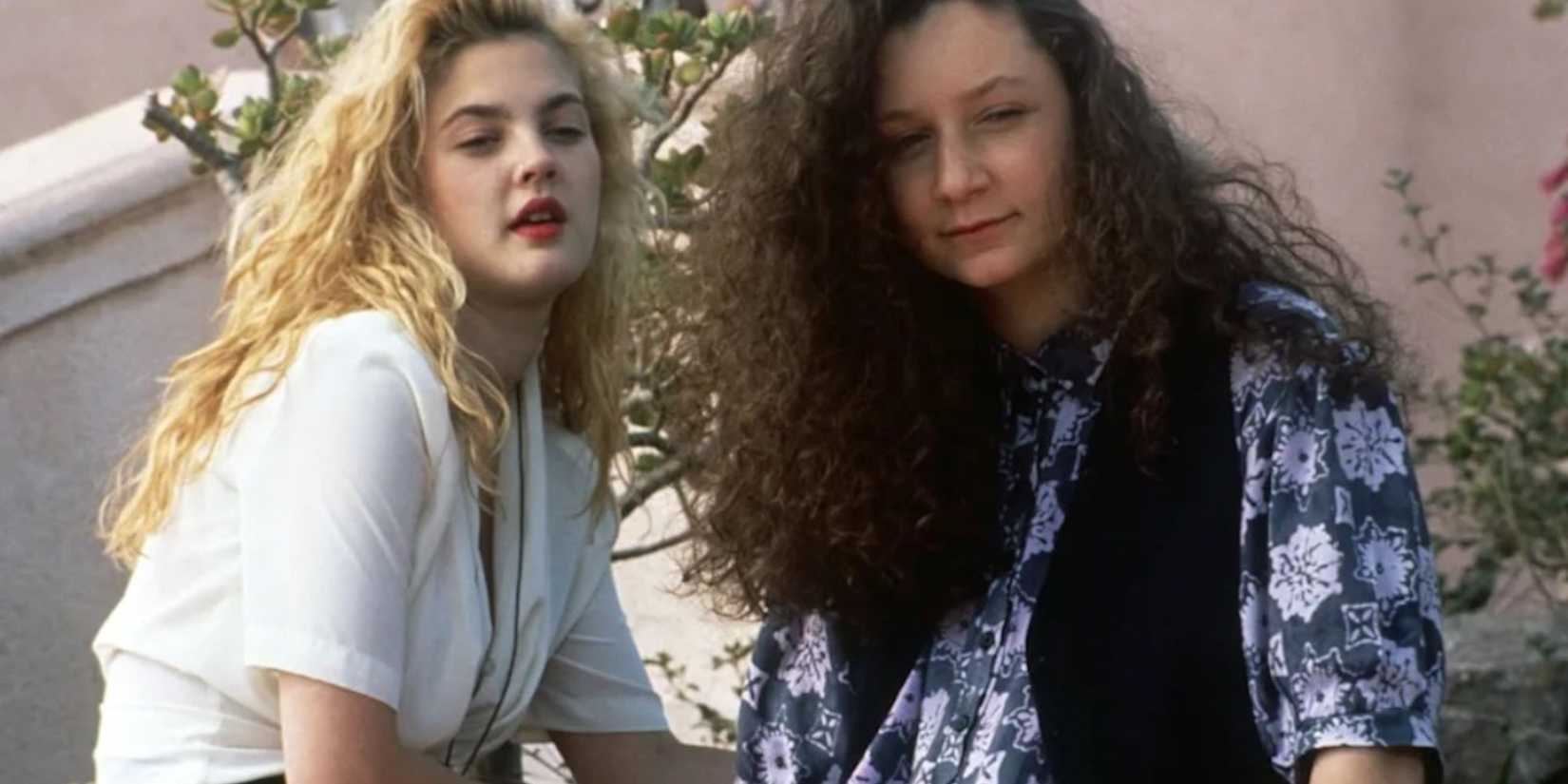
Poison Ivy shares similarities with the movie The Hand That Rocks the Cradle, but tells the story from a different perspective. While the other film focuses on a nanny trying to take over a family by replacing the mother, Poison Ivy centers on a teenager who aims to replace her friend within a family, leading to tragic consequences.
In this film, Drew Barrymore plays Ivy, a teenager who unexpectedly moves in with a friend’s family and begins to pursue the father. Only the daughter, Sylvie (Sara Gilbert), notices Ivy’s intentions and attempts to protect her family from the potential fallout.
This version of the story was particularly unsettling because the villain was a teenager who seduced the father and murdered the mother. Like the film The Hand That Rocks the Cradle, the movie concluded with the villain’s death, finally stopping their harmful actions.
Bad Influence (1990)
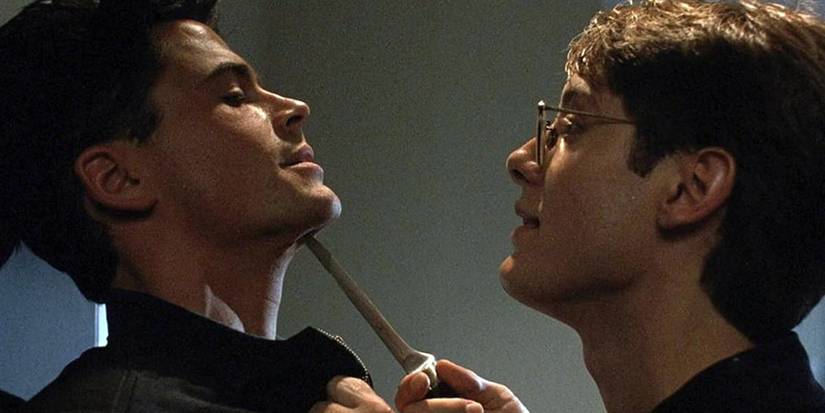
Curtis Hanson, the director of The Hand that Rocks the Cradle, explored a similar theme in his 1990 film, Bad Influence. While The Hand that Rocks the Cradle features someone infiltrating a family to cause harm, Bad Influence shows an outsider leading a man astray and disrupting his life through temptation.
Rob Lowe played Alex, a charismatic newcomer, who befriends Michael, played by James Spader – a man who was shy and often let others take advantage of him. Alex encourages Michael to stand up for himself and take control. Their evolving relationship becomes a complex and ultimately heartbreaking struggle.
This film doesn’t depict family breakdown, but it shares similarities with The Hand That Rocks the Cradle – someone attempts to manipulate another person’s life. The acting is excellent, and it’s interesting to see this story told from a male point of view, directed by the same filmmaker.
Single White Female (1992)
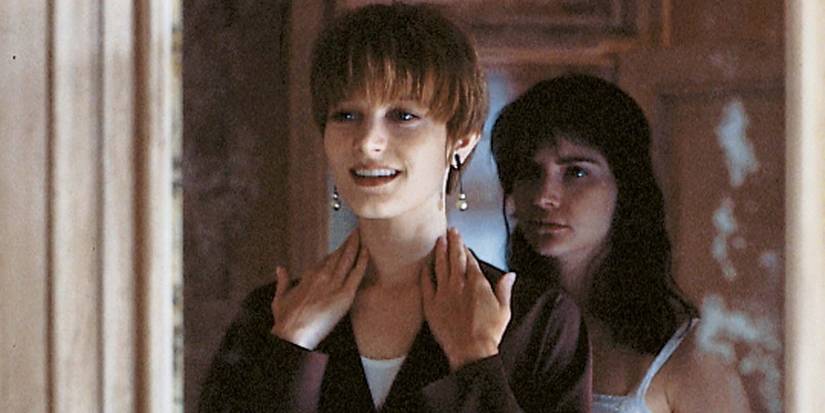
In the same year that The Hand That Rocks the Cradle came out, another thriller, Single White Female, hit theaters. The film features Jennifer Jason Leigh as Hedy, who responds to a roommate ad and moves in with Allie (Bridget Fonda), a successful software designer.
Similar to the plot of The Hand That Rocks the Cradle, the movie Single White Female features a character who is envious of a woman’s life and tries to take it over. In both films, this outsider gradually becomes more intrusive, manipulating situations to try and replace the woman’s roommate.
This film is significantly more heartbreaking than The Hand That Rocks the Cradle, and feels more like a suspenseful thriller. It tells the story of someone whose obsession utterly ruins another person’s life, leaving them feeling isolated and desolate. A less successful sequel was released thirteen years later.
Orphan (2009)
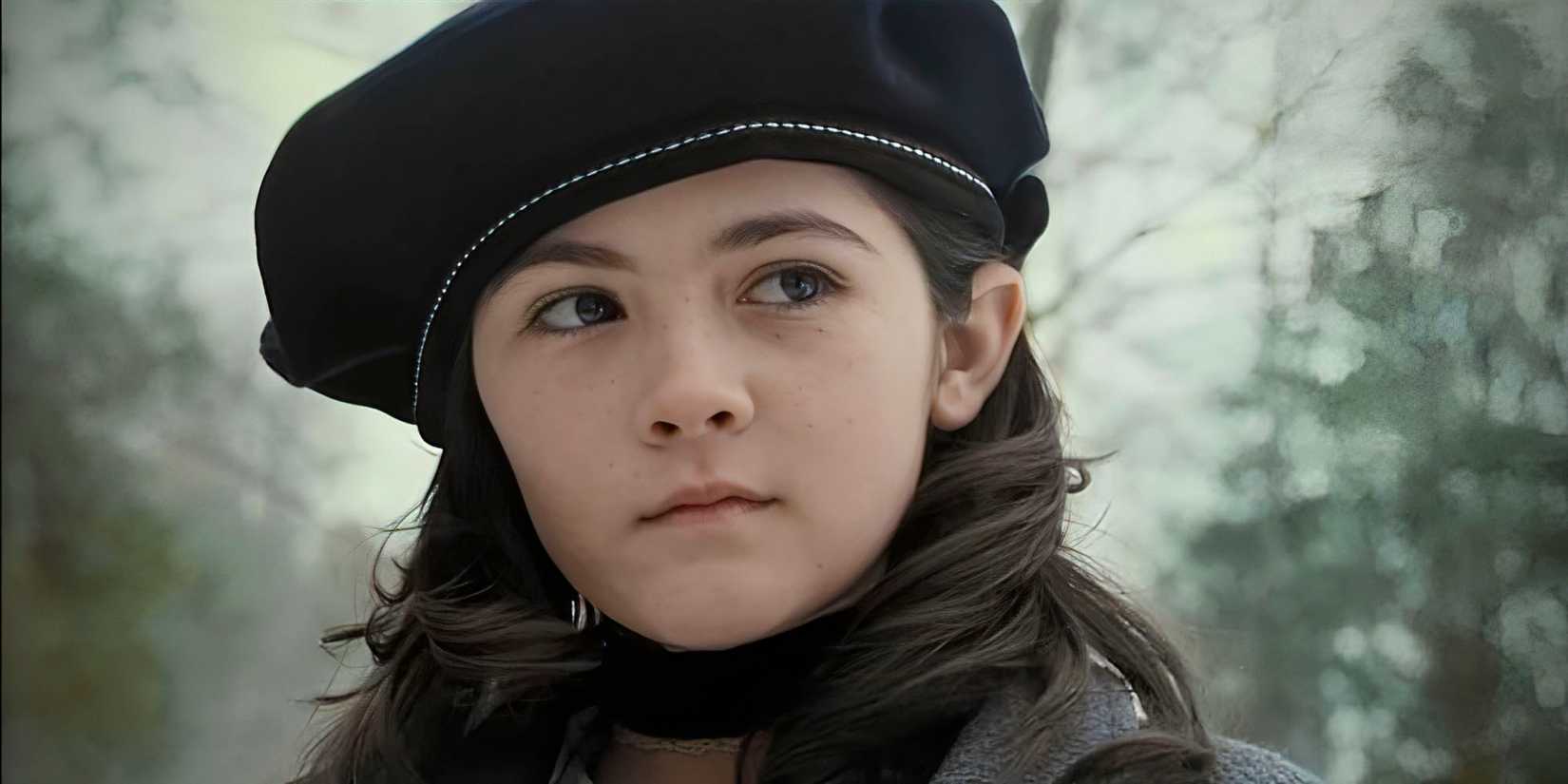
The movie Orphan borrows a similar idea from The Hand That Rocks the Cradle, presenting the dangerous intruder as a seemingly innocent child. The story centers around a couple who desperately want a child and adopt a nine-year-old girl named Esther from Russia. They soon discover, to their horror, that Esther isn’t who – or what – she appears to be.
Throughout the film, Esther displays strange behavior that makes her mother, Kate, suspect something isn’t right. Eventually, Kate discovers the truth, leading to a deadly confrontation. This is reminiscent of the movie The Visit, as Esther is focused on protecting herself and will go to any lengths – even murder – to keep her secrets hidden.
The most unsettling thing about the movie Orphan is that it’s inspired by a real-life case. In fact, a similar situation happened again where adoptive parents shockingly used the film to explain why they questioned their daughter’s true age. It’s a truly disturbing story, and a prequel was even released in 2022.
Fatal Attraction (1987)
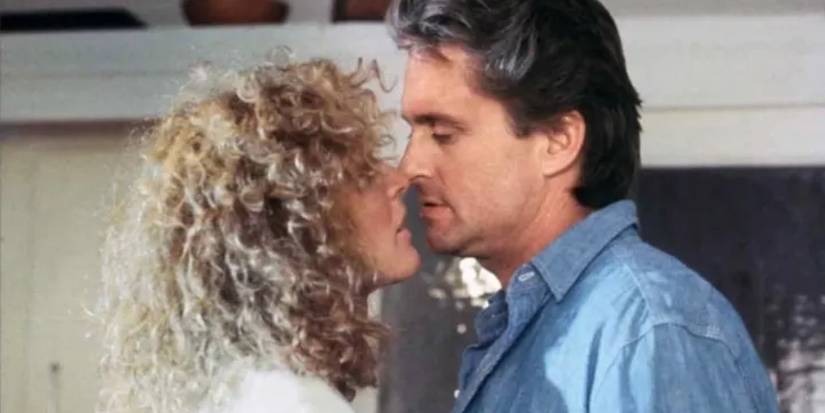
Fatal Attraction is a suspenseful thriller about a man named Dan (played by Michael Douglas) who has a brief affair with a woman named Alex (played by Glenn Close). When he attempts to end the relationship, Alex becomes dangerously obsessed and begins to harass him and his family, even attempting suicide to manipulate him.
Unlike the movie The Hand That Rocks the Cradle, Alex isn’t interested in becoming part of Dan’s family – she only wants Dan for herself. She resorts to awful tactics to get rid of his wife, Beth, and daughter, and eventually becomes completely unstable, launching a full-scale assault on them all.
The ending of Fatal Attraction feels a bit unsatisfying now. It’s strange how quickly Dan’s wife forgives him after he’s held responsible for the situation. Originally, the film was meant to end much more tragically, with Alex taking her own life and it appearing as though Dan had killed her, destroying his life in the process. That darker ending would have completely altered the impact of the movie.
Stoker (2013)
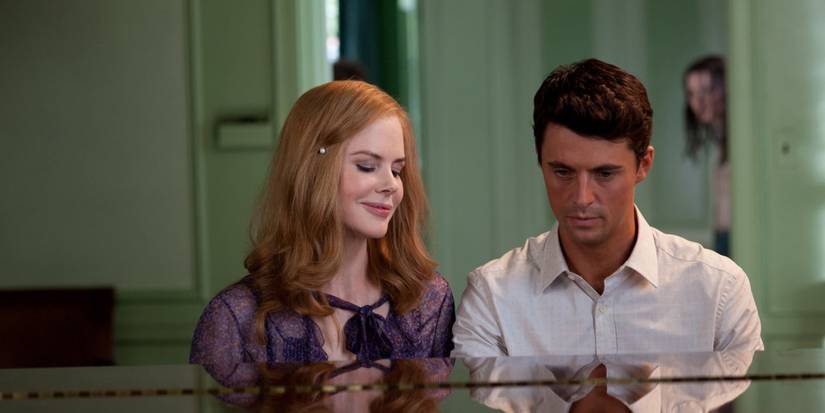
Stoker is a complex film about a family dealing with the death of the father. After his passing, his brother, Charlie (Matthew Goode), arrives and gradually insinuates himself into their lives, replacing the deceased patriarch. Directed by acclaimed filmmaker Park Chan-wook (known for Oldboy), the story centers on Evelyn (Nicole Kidman), her daughter India (Mia Wasikowska), and the unsettling dynamic that develops with Charlie’s arrival.
The movie gets unsettling as Charlie pays more attention to India while still trying to win over Evelyn. This leads India to become increasingly hostile, and Charlie seems to subtly encourage it. His presence alone starts to tear this already fragile family apart.
Unlike the film The Hand that Rocks the Cradle, Charlie actually manages to tear this family apart. But it goes even further: Charlie doesn’t just win – they corrupt a family member into doing terrible things, leading to a surprisingly dark and disturbing conclusion.
Fear (1996)
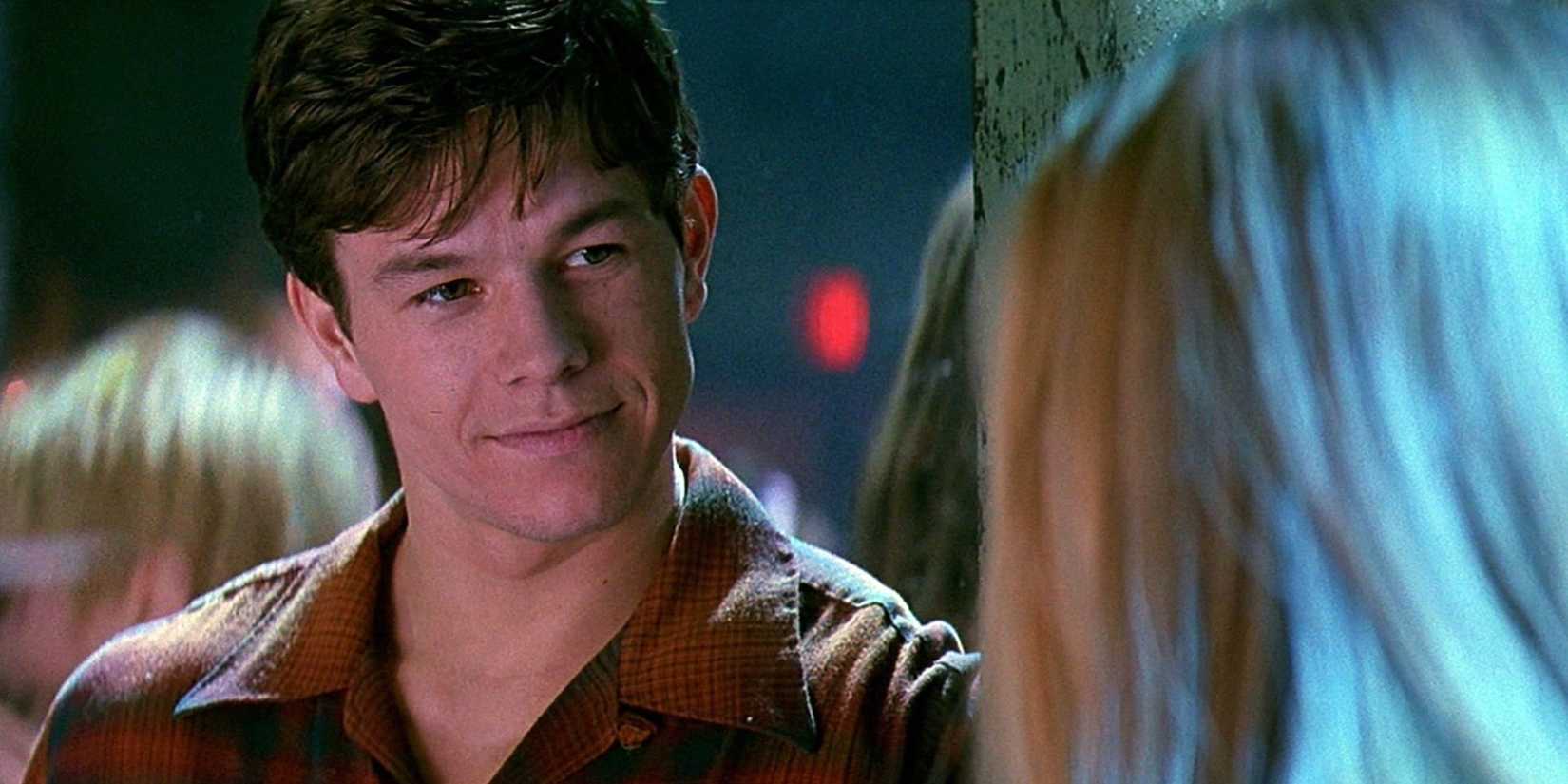
The movie Fear centers around a good-looking and charismatic young man who systematically ruins the life of his girlfriend’s family. Released in 1996, it’s an early film featuring Mark Wahlberg, where he plays David, a young man who starts dating a teenage girl named Nicole (Reese Witherspoon).
Nicole’s father disapproves of David, and with good reason – David displays troubling violent behavior, yet Nicole can’t break things off with him. Similar to the film The Hand That Rocks the Cradle, this movie explores a dangerous obsession where one person fixates on another and relentlessly disrupts their life.
David is even more menacing than the character in The Hand That Rocks the Cradle. Unlike her, he’s driven by pure violence, readily harming anyone who upsets him, and has no interest in connection or affection – only causing harm.
The Good Son (1993)
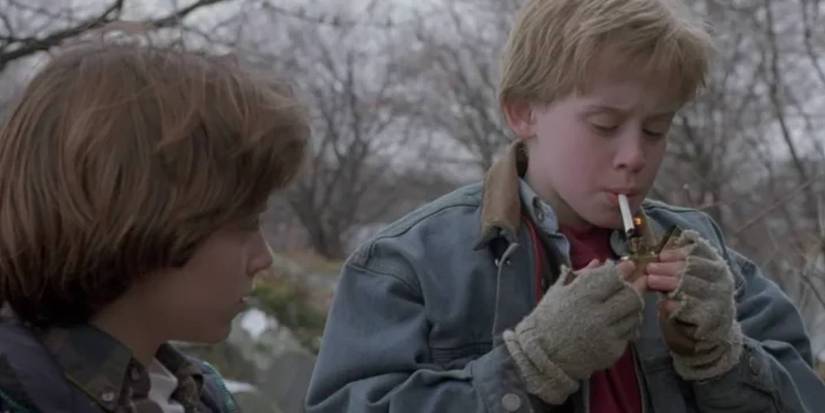
Like the movies Orphan and Poison Ivy, The Good Son explores dark themes, but it’s arguably more unsettling due to the young ages of the characters. Macaulay Culkin, recently known for Home Alone, plays a surprisingly different role here – a troubled young boy who aims to ruin the life of another boy and his entire family.
Elijah Wood stars as Mark, a boy sent to live with his aunt and uncle after his mother passes away. He quickly gets to know his cousins, Connie and Henry, but it becomes clear that Henry is troubled and is starting to show signs of aggression, despite his parents not recognizing the problem.
While The Hand That Rocks the Cradle features a dangerous stranger infiltrating a family, The Good Son flips that idea – the threat comes from within the family, and the seemingly innocent child is the one caught in the middle. Despite this key difference, both films follow a similar pattern and deliver surprisingly shocking endings.
Rosemary’s Baby (1968)
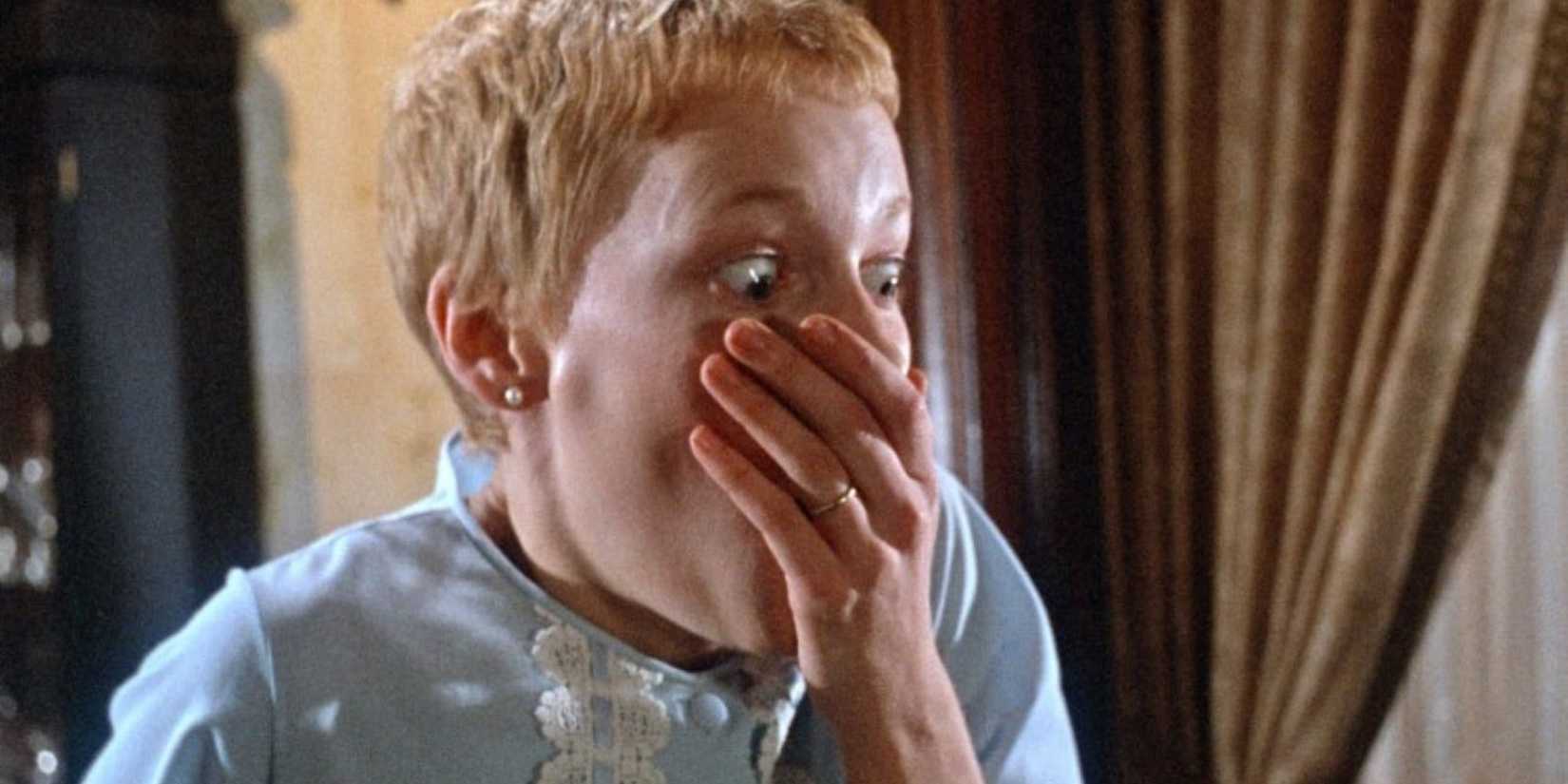
Rosemary’s Baby shares similarities with The Hand That Rocks the Cradle, but it’s far more ambitious. While the other film focuses on a single individual infiltrating a family to control them, Rosemary’s Baby features an entire cult manipulating the family to achieve their goals.
It’s important to understand that Rosemary’s Baby isn’t simply about replacing a family member. The story actually centers on a cult’s plot to get Rosemary pregnant with the Antichrist. What makes it even more disturbing is that Rosemary’s own husband is involved in the scheme.
This film is receiving high praise from critics, much like the movie The Hand That Rocks the Cradle. It was nominated for two Academy Awards, with Ruth Gordon winning Best Supporting Actress. In 2014, it was also recognized for its cultural significance and added to the Library of Congress’ National Film Registry.
Read More
- Movie Games responds to DDS creator’s claims with $1.2M fine, saying they aren’t valid
- The MCU’s Mandarin Twist, Explained
- These are the 25 best PlayStation 5 games
- SHIB PREDICTION. SHIB cryptocurrency
- Scream 7 Will Officially Bring Back 5 Major Actors from the First Movie
- Server and login issues in Escape from Tarkov (EfT). Error 213, 418 or “there is no game with name eft” are common. Developers are working on the fix
- Rob Reiner’s Son Officially Charged With First Degree Murder
- All Golden Ball Locations in Yakuza Kiwami 3 & Dark Ties
- MNT PREDICTION. MNT cryptocurrency
- Gold Rate Forecast
2025-10-25 06:52